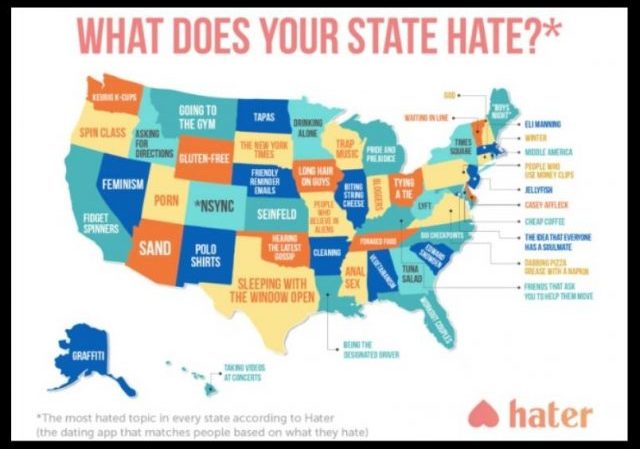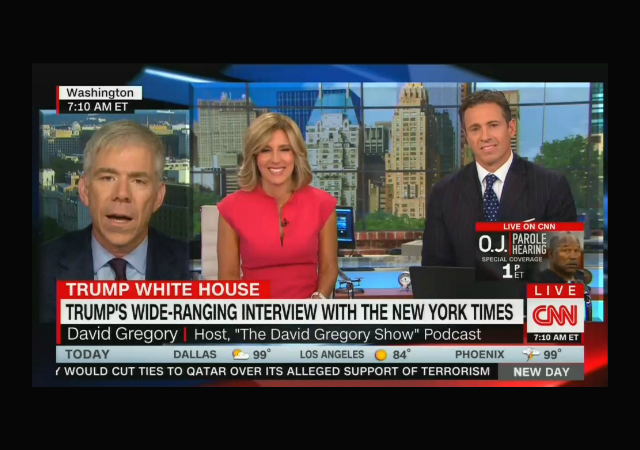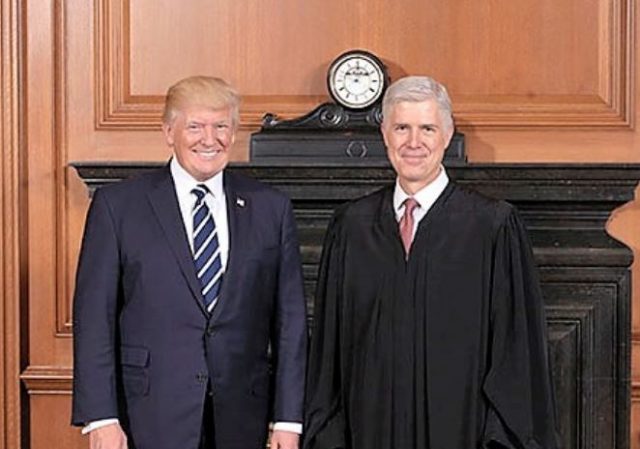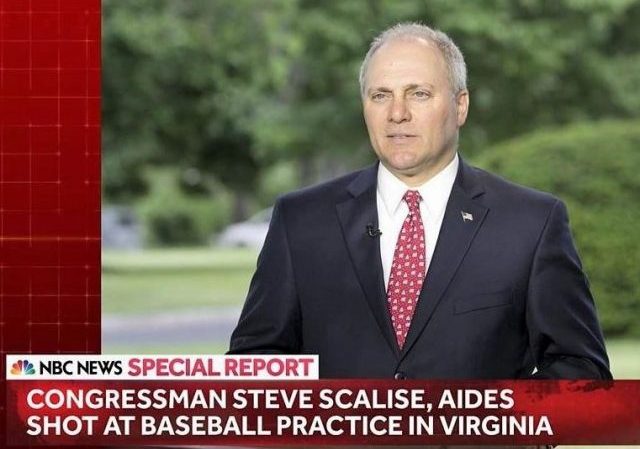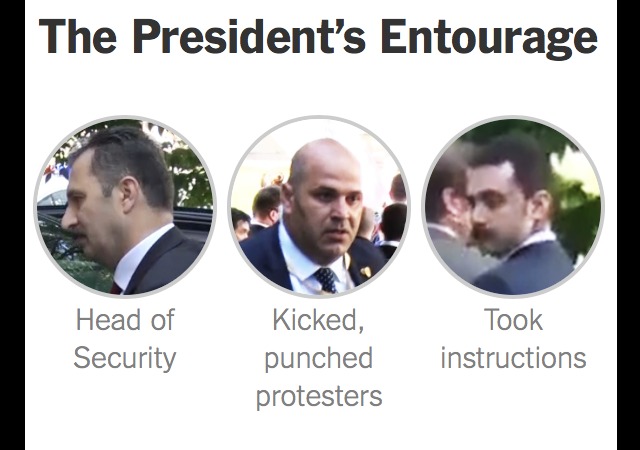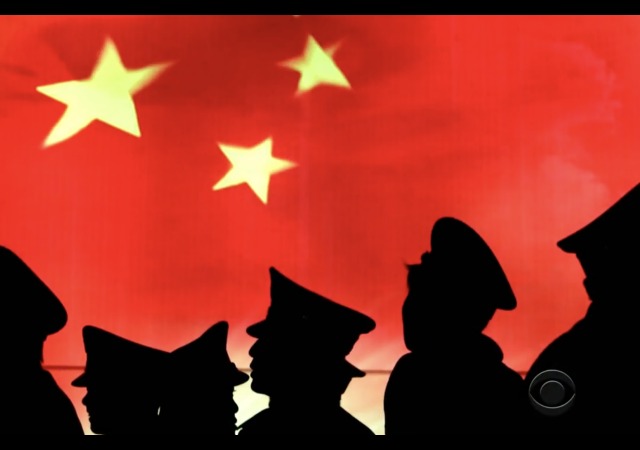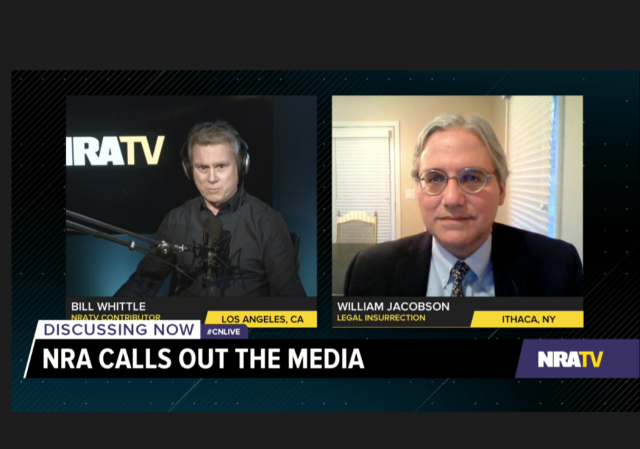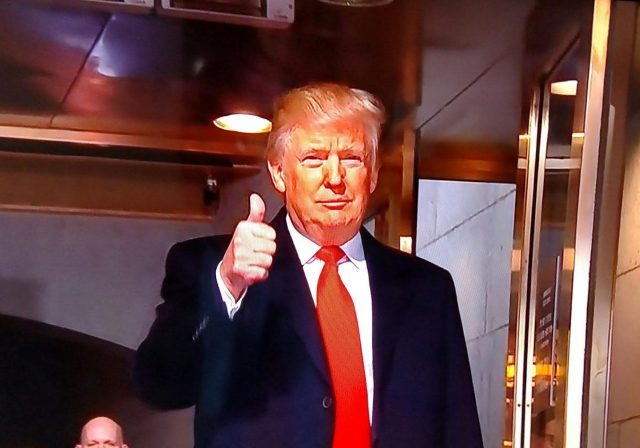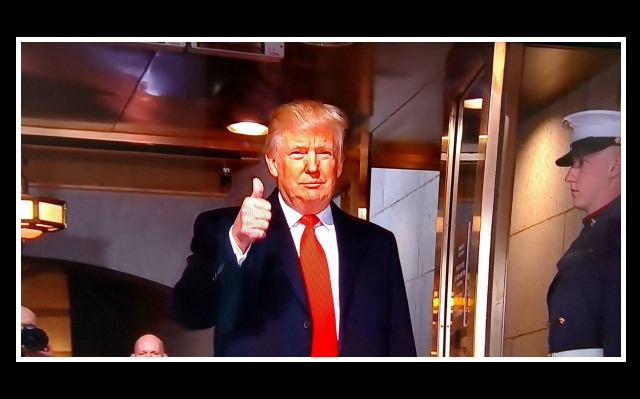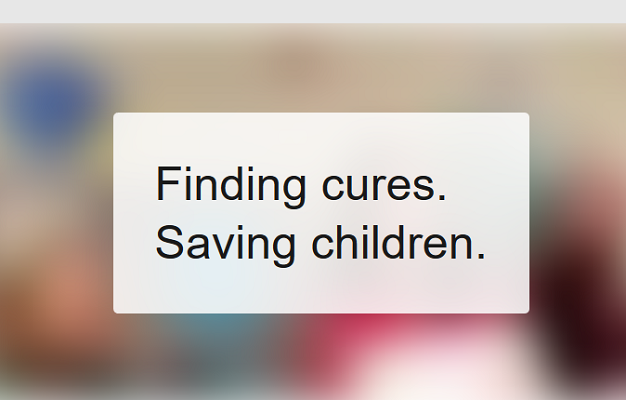NY Times defense: Palin Crosshairs Editorial Wasn’t Actually About Sarah Palin
on August 01, 2017
29 Comments
A firestorm of controversy erupted when the NY Times ran an editorial, after the attempted assassination of Republican congressmen in Virginia, blaming Sarah Palin for the culture of political violence.
The Times specifically referenced an electoral map from 2011 which showed what appears to be cross-hairs over Arizona. That map, as we covered at the time, was used to falsely blame Palin for the January 8, 2011 shooting of Congresswoman Gabby Giffords and the murder of several people by Jared Loughner.
In fact, that connection between the map and the shooting was completely fabricated, and spread by left-wing bloggers and media. There is zero evidence to suggest that Loughner ever saw the map, much less was motivated by it.


